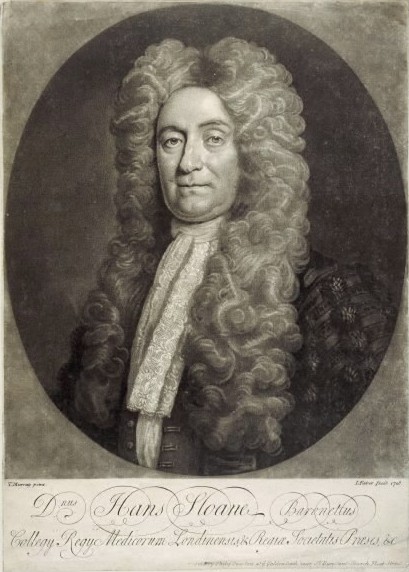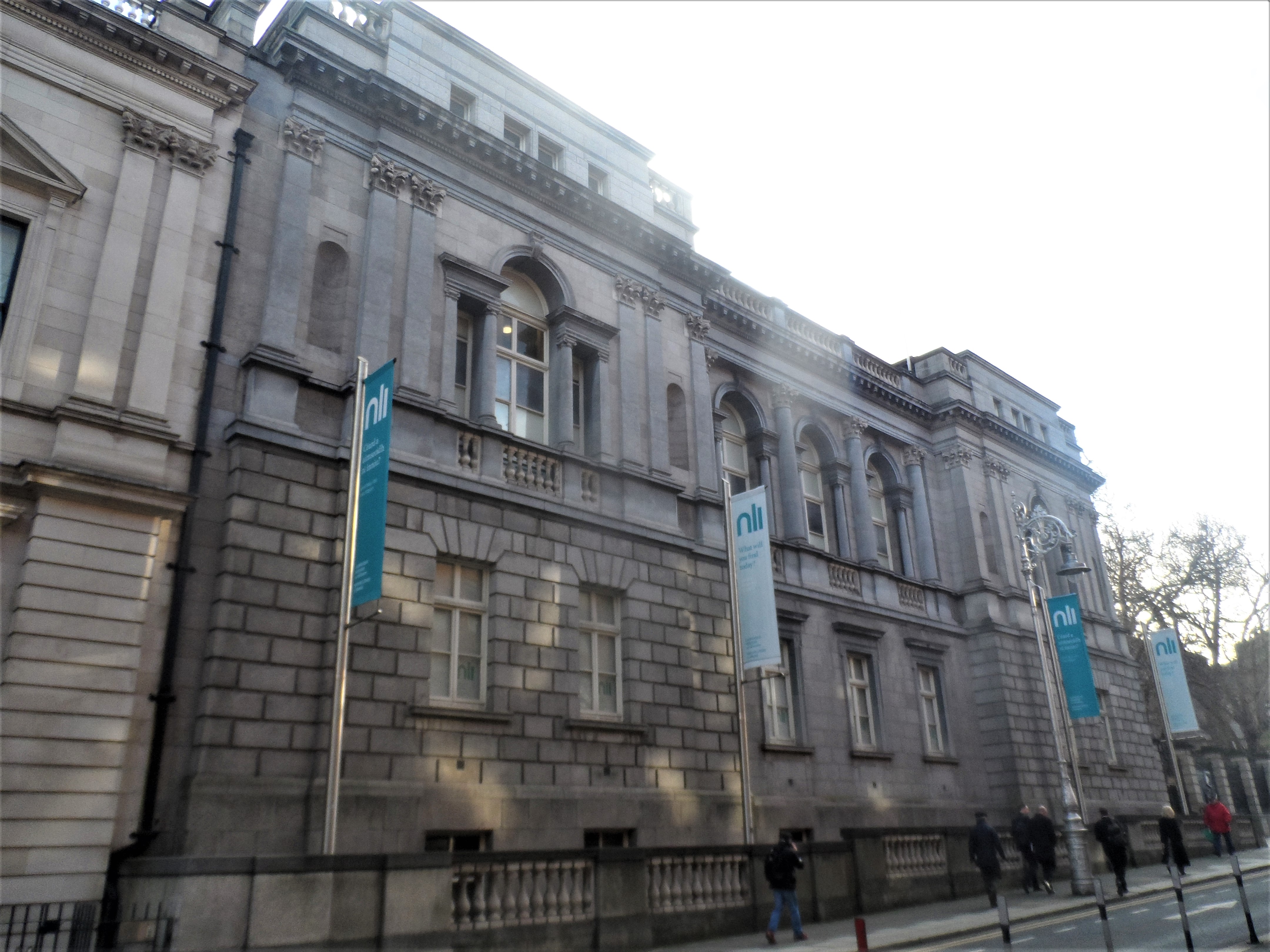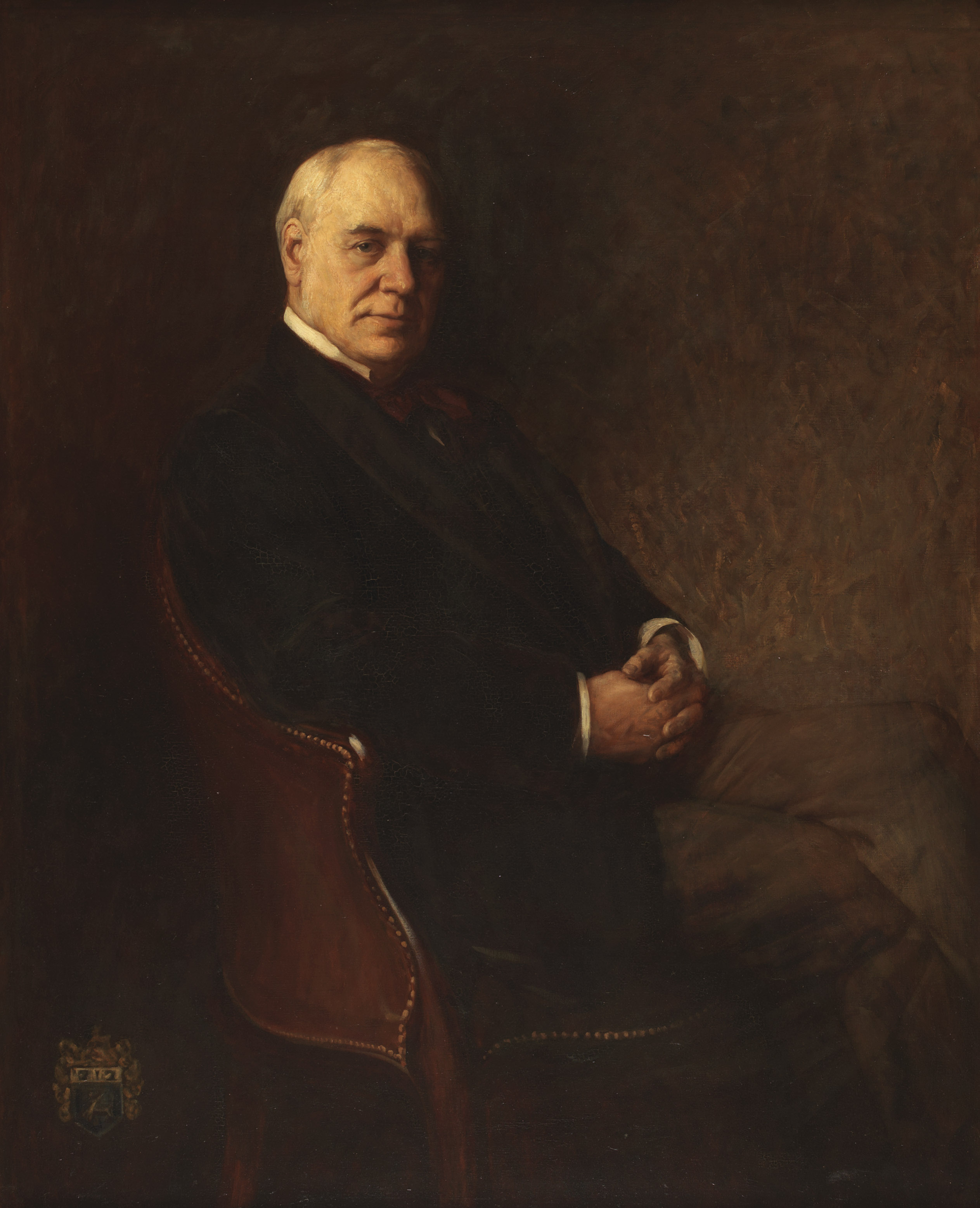|
Society Of College, National And University Libraries
SCONUL (Society of College, National and University Libraries) is the membership organisation for all academic and national libraries in the UK and Ireland. History SCONUL was founded in 1950 as the Standing Conference of National and University Libraries. In 1994 when British polytechnics became universities it merged with COPOL, the Council of Polytechnic Librarians, and in 2001 it extended its membership to libraries of Colleges of Higher Education and changed to its current name. Aims SCONUL states its aims as: ''For the benefit of our libraries and their users we aim:'' * ''to promote the sharing and development of good practice'' * ''to influence policy makers and encourage debate'' * ''to raise the profile of higher education and national libraries'' Activities SCONUL's activities include advocacy for the higher education library community, training and sharing best practice, making arrangements for reciprocal access to libraries, and the collection of statistics. Struct ... [...More Info...] [...Related Items...] OR: [Wikipedia] [Google] [Baidu] |
National Library
A national library is a library established by a government as a country's preeminent repository of information. Unlike public library, public libraries, these rarely allow citizens to borrow books. Often, they include numerous rare, valuable, or significant works. A national library is that library which has the duty of collecting and preserving the literature of the nation within and outside the country. Thus, national libraries are those libraries whose community is the nation at large. Examples include the British Library, and the Bibliothèque nationale de France in Paris.Line, Maurice B.; Line, J. (2011). "Concluding notes". ''National libraries'', Aslib, pp. 317–318Lor, P. J.; Sonnekus, E. A. S. (2010)"Guidelines for Legislation for National Library Services", International Federation of Library Associations and Institutions, IFLA. Retrieved on 10 January 2010. There are wider definitions of a national library, putting less emphasis to the repository character. National ... [...More Info...] [...Related Items...] OR: [Wikipedia] [Google] [Baidu] |
United Kingdom
The United Kingdom of Great Britain and Northern Ireland, commonly known as the United Kingdom (UK) or Britain, is a country in Europe, off the north-western coast of the continental mainland. It comprises England, Scotland, Wales and Northern Ireland. The United Kingdom includes the island of Great Britain, the north-eastern part of the island of Ireland, and many smaller islands within the British Isles. Northern Ireland shares a land border with the Republic of Ireland; otherwise, the United Kingdom is surrounded by the Atlantic Ocean, the North Sea, the English Channel, the Celtic Sea and the Irish Sea. The total area of the United Kingdom is , with an estimated 2020 population of more than 67 million people. The United Kingdom has evolved from a series of annexations, unions and separations of constituent countries over several hundred years. The Treaty of Union between the Kingdom of England (which included Wales, annexed in 1542) and the Kingdom of Scotland in 170 ... [...More Info...] [...Related Items...] OR: [Wikipedia] [Google] [Baidu] |
Republic Of Ireland
Ireland ( ga, Éire ), also known as the Republic of Ireland (), is a country in north-western Europe consisting of 26 of the 32 counties of the island of Ireland. The capital and largest city is Dublin, on the eastern side of the island. Around 2.1 million of the country's population of 5.13 million people resides in the Greater Dublin Area. The sovereign state shares its only land border with Northern Ireland, which is part of the United Kingdom. It is otherwise surrounded by the Atlantic Ocean, with the Celtic Sea to the south, St George's Channel to the south-east, and the Irish Sea to the east. It is a unitary, parliamentary republic. The legislature, the , consists of a lower house, ; an upper house, ; and an elected President () who serves as the largely ceremonial head of state, but with some important powers and duties. The head of government is the (Prime Minister, literally 'Chief', a title not used in English), who is elected by the Dáil and appointed by ... [...More Info...] [...Related Items...] OR: [Wikipedia] [Google] [Baidu] |
Polytechnic (United Kingdom)
A polytechnic was a tertiary education teaching institution in England, Wales () and Northern Ireland offering higher diplomas, undergraduate degree and post graduate education (masters and PhDs) that was governed and administered at the national level by the Council for National Academic Awards. At the outset, the focus of polytechnics was on STEM subjects with a special emphasis on engineering. After the passage of the Further and Higher Education Act 1992 they became independent universities which meant they could award their own degrees. The comparable institutions in Scotland were collectively referred to as Central Institutions. History 19th century The London Polytechnic (now the University of Westminster) emerged from the Royal Polytechnic Institution which was founded at Regent Street, London in 1838. The establishment of the polytechnic was a reaction to the rise of industrial power and technical education in France, Germany and the US.Brosan, "The Development of ... [...More Info...] [...Related Items...] OR: [Wikipedia] [Google] [Baidu] |
Library
A library is a collection of materials, books or media that are accessible for use and not just for display purposes. A library provides physical (hard copies) or digital access (soft copies) materials, and may be a physical location or a virtual space, or both. A library's collection can include printed materials and other physical resources in many formats such as DVD, CD and cassette as well as access to information, music or other content held on bibliographic databases. A library, which may vary widely in size, may be organized for use and maintained by a public body such as a government; an institution such as a school or museum; a corporation; or a private individual. In addition to providing materials, libraries also provide the services of librarians who are trained and experts at finding, selecting, circulating and organizing information and at interpreting information needs, navigating and analyzing very large amounts of information with a variety of resources. Li ... [...More Info...] [...Related Items...] OR: [Wikipedia] [Google] [Baidu] |
Higher Education
Higher education is tertiary education leading to award of an academic degree. Higher education, also called post-secondary education, third-level or tertiary education, is an optional final stage of formal learning that occurs after completion of secondary education. It represents levels 6, 7 and 8 of the 2011 version of the International Standard Classification of Education structure. Tertiary education at a non-degree level is sometimes referred to as further education or continuing education as distinct from higher education. The right of access to higher education The right of access to higher education is mentioned in a number of international human rights instruments. The UN International Covenant on Economic, Social and Cultural Rights of 1966 declares, in Article 13, that "higher education shall be made equally accessible to all, on the basis of capacity, by every appropriate means, and in particular by the progressive introduction of free education". In Europe, Ar ... [...More Info...] [...Related Items...] OR: [Wikipedia] [Google] [Baidu] |
University
A university () is an institution of higher (or tertiary) education and research which awards academic degrees in several academic disciplines. Universities typically offer both undergraduate and postgraduate programs. In the United States, the designation is reserved for colleges that have a graduate school. The word ''university'' is derived from the Latin ''universitas magistrorum et scholarium'', which roughly means "community of teachers and scholars". The first universities were created in Europe by Catholic Church monks. The University of Bologna (''Università di Bologna''), founded in 1088, is the first university in the sense of: *Being a high degree-awarding institute. *Having independence from the ecclesiastic schools, although conducted by both clergy and non-clergy. *Using the word ''universitas'' (which was coined at its foundation). *Issuing secular and non-secular degrees: grammar, rhetoric, logic, theology, canon law, notarial law.Hunt Janin: "The university ... [...More Info...] [...Related Items...] OR: [Wikipedia] [Google] [Baidu] |
British Library
The British Library is the national library of the United Kingdom and is one of the largest libraries in the world. It is estimated to contain between 170 and 200 million items from many countries. As a legal deposit library, the British Library receives copies of all books produced in the United Kingdom and Ireland, including a significant proportion of overseas titles distributed in the UK. The Library is a non-departmental public body sponsored by the Department for Digital, Culture, Media and Sport. The British Library is a major research library, with items in many languages and in many formats, both print and digital: books, manuscripts, journals, newspapers, magazines, sound and music recordings, videos, play-scripts, patents, databases, maps, stamps, prints, drawings. The Library's collections include around 14 million books, along with substantial holdings of manuscripts and items dating as far back as 2000 BC. The library maintains a programme for content acquis ... [...More Info...] [...Related Items...] OR: [Wikipedia] [Google] [Baidu] |
National Library Of Ireland
The National Library of Ireland (NLI; ga, Leabharlann Náisiúnta na hÉireann) is the Republic of Ireland's national library located in Dublin, in a building designed by Thomas Newenham Deane. The mission of the National Library of Ireland is 'To collect, preserve, promote and make accessible the documentary and intellectual record of the life of Ireland and to contribute to the provision of access to the larger universe of recorded knowledge.' The library is a reference library and, as such, does not lend. It has a large quantity of Irish and Irish-related material which can be consulted without charge; this includes books, maps, manuscripts, music, newspapers, periodicals and photographs. Included in their collections is material issued by private as well as government publishers. The Chief Herald of Ireland and National Photographic Archive are attached to the library. The library holds Art exhibition, exhibitions and holds an archive of List of Irish newspapers, Irish ne ... [...More Info...] [...Related Items...] OR: [Wikipedia] [Google] [Baidu] |
National Library Of Scotland
The National Library of Scotland (NLS) ( gd, Leabharlann Nàiseanta na h-Alba, sco, Naitional Leebrar o Scotland) is the legal deposit library of Scotland and is one of the country's National Collections. As one of the largest libraries in the United Kingdom, it is a member of Research Libraries UK (RLUK) and the Consortium of European Research Libraries (CERL). There are over 24 million items held at the Library in various formats including books, annotated manuscripts and first-drafts, postcards, photographs, and newspapers. The library is also home to Scotland's Moving Image Archive, a collection of over 46,000 videos and films. Notable items amongst the collection include copies of the Gutenberg Bible, Charles Darwin's letter with which he submitted the manuscript of ''On the Origin of Species,'' the First Folio of Shakespeare, the Glenriddell Manuscripts, and the last letter written by Mary Queen of Scots. It has the largest collection of Scottish Gaelic material of any ... [...More Info...] [...Related Items...] OR: [Wikipedia] [Google] [Baidu] |
National Library Of Wales
The National Library of Wales ( cy, Llyfrgell Genedlaethol Cymru), Aberystwyth, is the national legal deposit library of Wales and is one of the Welsh Government sponsored bodies. It is the biggest library in Wales, holding over 6.5 million books and periodicals, and the largest collections of archives, portraits, maps and photographic images in Wales. The Library is also home to the national collection of Welsh manuscripts, the National Screen and Sound Archive of Wales, and the most comprehensive collection of paintings and topographical prints in Wales. As the primary research library and archive in Wales and one of the largest research libraries in the United Kingdom, the National Library is a member of Research Libraries UK (RLUK) and the Consortium of European Research Libraries (CERL). At the very core of the National Library of Wales is the mission to collect and preserve materials related to Wales and Welsh life and those which can be utilised by the people of Wales fo ... [...More Info...] [...Related Items...] OR: [Wikipedia] [Google] [Baidu] |






